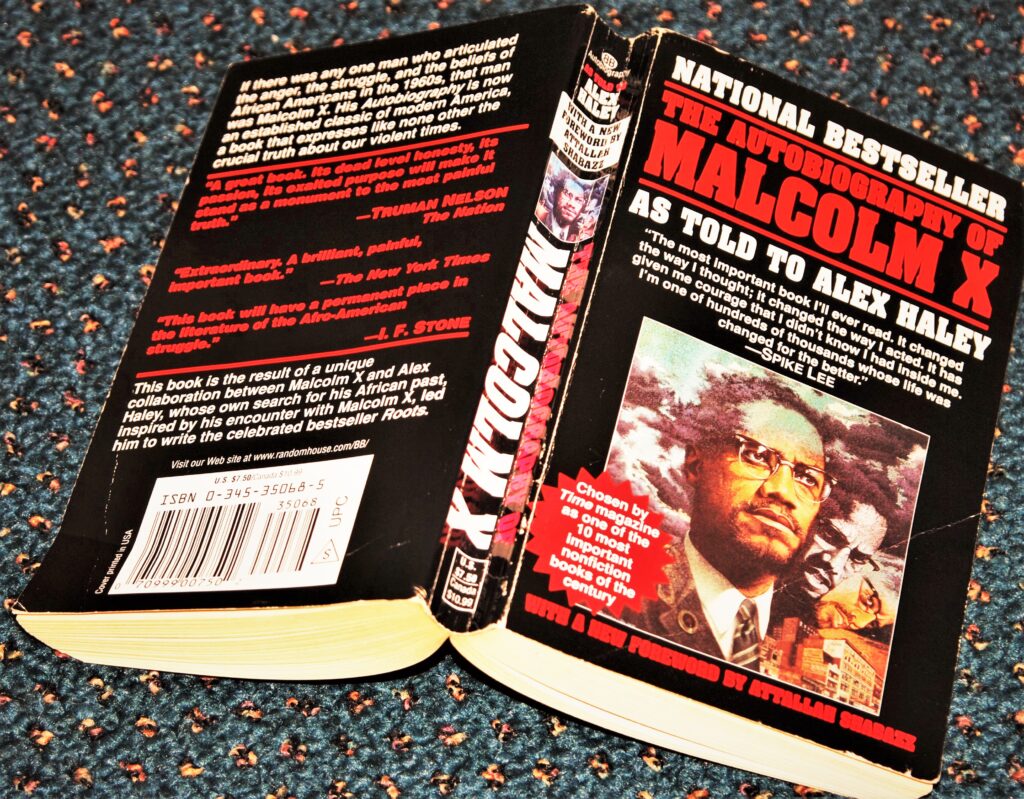As large demonstrations against the white police brutal killing of George Floyd in the United States have exploded all over the world, we all should engage in some deep thinking. My life-long human struggle and contemplating of goodness and evil, human suffering and triumph, appreciation of both beauty and ugliness, life and death, have inspired these ideas. Growing up as a child in the village in Lundazi in Zambia, Africa, I remember my parents and grandparents pointing out to me what was cruelty and kindness, goodness and evil. Their teachings were mixed with personal example sprinkled with generous doses of laughter and a sense of appreciation of all that is good; the gift of life, good harvest and meals, dance and song, wearing good clothes to go to church on Sunday, the goodness that comes from living a righteous and dignified life of discipline and hard work. All of these created in me and my village community, a deep sense of appreciation of life and the power of and magnificence that God created.

Racism, Good and Evil
I went to the young and only University of Zambia at the time in 1972. This was in the Capital City of Lusaka. I was the type of student who read the textbooks to pass tests but often spent a great deal of time reading material that was outside class reading. This material challenged me at a tender age to think more deeply about life.
When I first read the “Autobiography of Malcolm X” as a freshman English course assigned reading, I stopped reading half way and slammed the book down. It was eleven at night. I stormed out of my dorm room and walked for three Kms. along the Great East Road near campus up to the Zambian Parliament Building. I was very angry, confused, and eighteen years old. How could there be so much racism, evil and pain intentionally inflicted by some human beings on others in the world? Why was racism created in America? How could some human beings (whites) enjoy the evil that they were doing and inflicting on other human beings (Blacks)? There was a haze in my eyes as the street and car lights glistened through my hot tears.
This was confusing for me as most of the Tumbuka Zambian African people I grew up with in my family were kind and dignified. When my parents received many guests including whites or Europeans, my parents treated them with cheer, respect and hospitality. At about the time I went to college, I met a young White American couple that were to be my dear and lifelong great friends. Most whites I met at the time were descent human beings. How could many Europeans and Americans claim to be Christians and yet practice or believe in colonialism, racism, and own slaves or approve of slavery? Is Christianity synonymous with evil?
These questions could not be answered at that time because people often use clichés as answers to such deeply troubling questions. I have struggled continually with these questions and I am not certain they will be answered during my short lifetime.
Adam and Eve
When God created Adam and Eve, the two were endowed with spiritual passion and surrounded with physical beauty. One can see this beauty when you see the Shenandoah Valley and Blue Ridge Mountains in Virgiona in the United States, the Muchinga Escarpment along the Lungwa River in Eastern Zambia, the gorgeous Blue lagoons and magnificent blue waters and sand beaches of the world, and the breath taking green river valleys and mountains in Swaziland. The ability to engage in evil of varying degrees is present in all humans. Parents and the community are the first line of defense against evil. God helps as they raise and nurture children be these their own or those of others in the community. A bad, cruel, poor or a lack of proper parental or extended family upbringing with little or no spiritual nurturing tremendously increases the chances that the child will not distinguish between good and evil.
Christianity Powerful Force
Christianity and believing in God and Christ is the most powerful spiritual force when individuals genuinely open themselves and their hearts to the force. God works through parents and the community to teach children about kindness, sharing, treating all human beings with fairness and respect, and to revere life itself. When we are born then we have a tremendous gift for doing good through our families and communities. When does evil begin to grow in humans? When human beings acquire power, material possessions and wealth for greedy ends, their powerful, true, compassionate and genuine Christian beliefs are threatened or begin to decline. Lack of or weak parental extended family upbringing and the desire to acquire material possessions and power beyond our immediate needs is the beginnings, if not the foundation of diabolical racism, evil and sin and sometimes misery. What does all this mean in everyday life and especially for a Christian?
Power and Greed for Material Possessions
It means as humans, we all live the way God intended us to live until we begin to engage in limitless hedonism, or exercise the desire for more power and material possessions for greedy ends for both individuals and nations. The foundation for all egregious evil is the desire for more power, and material possessions, which is reflected in human greed of different degrees. The root and beginning of the racism, evil and atrocities humans commit on both a small and grand scale is always the desire for more power, and material possessions than God intended for our happy, compassionate, righteous, happy fulfilled lives.